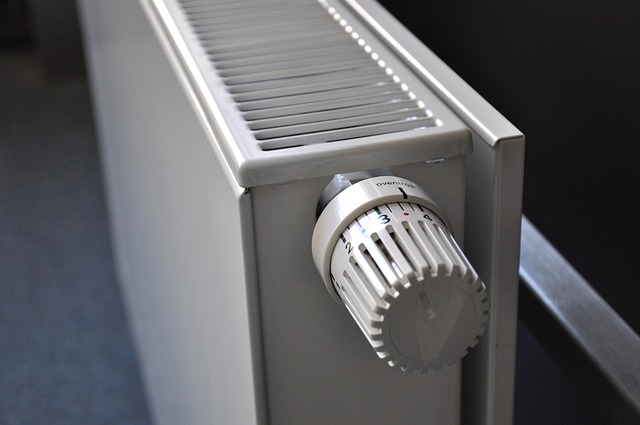The Power of Energy Savings: How UK Households Are Cutting Costs
The rising cost of energy has become a significant concern for families across the United Kingdom. As bills continue to climb, many households are seeking innovative ways to reduce their electricity and gas expenses. This article explores the strategies that savvy UK residents are employing to slash their energy costs and secure more affordable rates for the long term.

How are UK families locking in low electricity and gas rates?
UK families are taking advantage of fixed-rate energy deals to protect themselves from future price hikes. These deals allow households to secure a set price for their electricity and gas for a specific period, typically one to two years. By locking in rates when prices are competitive, families can safeguard their budgets against potential increases in the volatile energy market. It’s crucial to compare offers from multiple suppliers and read the terms carefully before committing to ensure the best possible deal.
What energy-saving measures are cutting bills in half?
Many UK households are successfully reducing their energy bills by up to 50% through a combination of smart technology and behavioral changes. Installing smart meters helps families monitor their energy usage in real-time, allowing them to identify and eliminate wasteful habits. Energy-efficient appliances, LED lighting, and improved insulation are also contributing to significant savings. Additionally, simple actions like turning off standby devices and using natural light when possible can lead to substantial reductions in energy consumption and costs.
Why are some providers not disclosing the best deals?
Energy providers may not always advertise their most competitive rates to existing customers. This practice, known as the “loyalty penalty,” often results in long-term customers paying more than new ones. Providers rely on customer inertia, assuming that many will not take the time to switch or negotiate better rates. To combat this, UK households are becoming more proactive in regularly reviewing their energy plans and challenging their providers for better deals or switching to more competitive offers.
What government schemes are available to help reduce energy costs?
The UK government offers several schemes to help households manage their energy costs. The Warm Home Discount provides eligible low-income families with a one-off discount on their electricity bill. The Winter Fuel Payment assists older residents with heating costs during colder months. Additionally, the Energy Company Obligation (ECO) scheme requires larger energy suppliers to provide energy efficiency measures to vulnerable households, potentially leading to significant long-term savings.
How can smart home technology lower electricity and gas bills?
Smart home technology is revolutionizing the way UK households manage their energy consumption. Smart thermostats learn family routines and adjust heating accordingly, while smart plugs allow remote control of appliances via smartphones. Home energy management systems can integrate with renewable energy sources like solar panels, optimizing energy use and reducing reliance on the grid. These technologies not only cut costs but also provide valuable insights into energy usage patterns, empowering families to make informed decisions about their consumption.
What are the most cost-effective energy providers in the UK?
To help UK households make informed decisions about their energy providers, we’ve compiled a comparison of some of the most competitive options currently available in the market:
| Provider | Tariff Name | Estimated Annual Cost | Key Features |
|---|---|---|---|
| Octopus Energy | Flexible Octopus | £1,050 | 100% renewable electricity, no exit fees |
| Bulb | Vari-Fair | £1,100 | Simple tariff structure, carbon neutral gas |
| Ovo Energy | Better Smart | £1,150 | Free smart meter, 3% interest reward on credit balances |
| E.ON | Fix Online v1 | £1,200 | Fixed rates for 12 months, online account management |
| British Gas | HomeEnergy Fix | £1,250 | Boiler and home emergency cover included |
Prices, rates, or cost estimates mentioned in this article are based on the latest available information but may change over time. Independent research is advised before making financial decisions.
In conclusion, UK households are finding innovative ways to reduce their electricity and gas costs. By locking in competitive rates, implementing energy-saving measures, and leveraging government schemes and smart technology, families are successfully cutting their energy bills. Staying informed about the best deals and being willing to switch providers when necessary are key strategies for managing energy expenses in today’s dynamic market. As the energy landscape continues to evolve, proactive consumers stand to benefit the most from the available savings opportunities.



